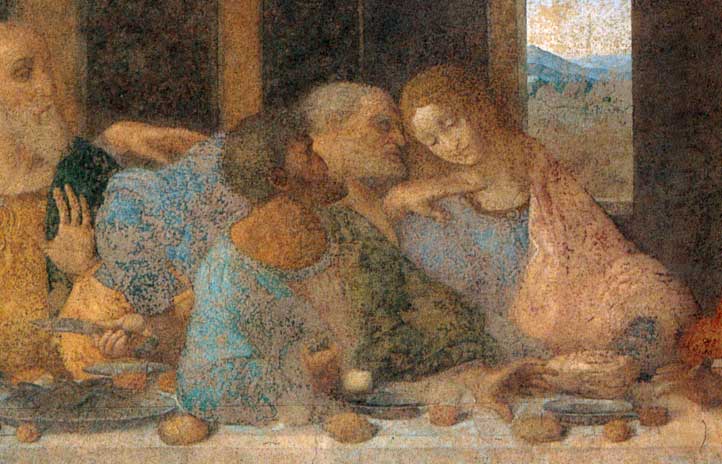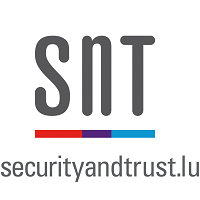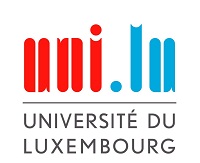Important Dates
- Paper
12 June 2011 (extended) - Notification:
11 July 2011 - Final version due:
20 July 2011
- Workshop:
8 September 2011
Technical
Co-Sponsors


Other Editions
Proceedings
Proc. of 1st Int. Worshop on Socio-Technical Aspects in Security and Trust (STAST)
G. Bella and G. Lenzini (eds.), IEEE, 2011
are available at
IEEEXplore digital library
IEEE Catalog Number CFP1170P-CDR (ISBN 978-1-4577-1181-7)
Motivation
Due to the huge yet increasing number of people carrying out sensitive Internet transactions, security threats hardly ever reduce to sheer technical threats at present. Rather, they are socio-technical, as they come from adversaries who combine social engineering practices with technical skills to circumvent the defenses of information systems, often by exploiting the users' ill-understanding of security mechanisms, of poorly designed user interfaces, and of unusable security policies. Humans obviously cannot be treated as machines, as they take actions that may seem irrational although they are perfectly justifiable from a cognitive and a social perspective. Computer security hence appears to acquire more and more the facets of an interdisciplinary science with roots in both interpretive and positivist research traditions.
Goals
The workshop intends to foster an interdisciplinary discussion on how to model and analyse the socio-technical aspects of modern security systems and on how to protect such systems from socio-technical threats and attacks. It aims to stimulate an active exchange of ideas and experiences from different communities of researchers in order to identify weaknesses potentially emerging from poor usability designs and policies, from social engineering, and from deficiencies hidden in flawed interfaces and implementations. It will bring together experts in computer security and in cognitive, social, and behavioral sciences; it will collect the state of the art, identify open and emerging problems, and propose future research directions.






